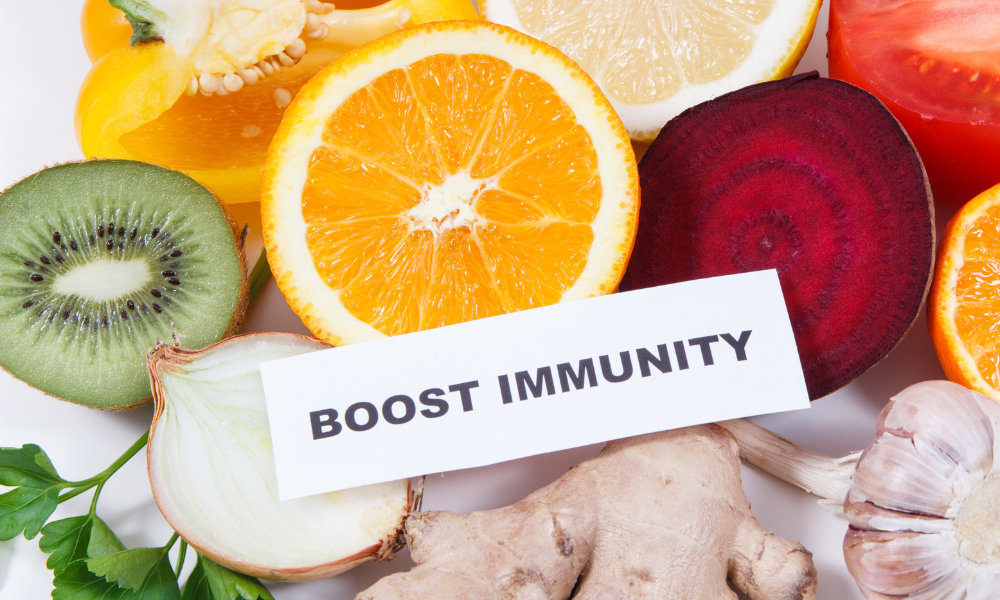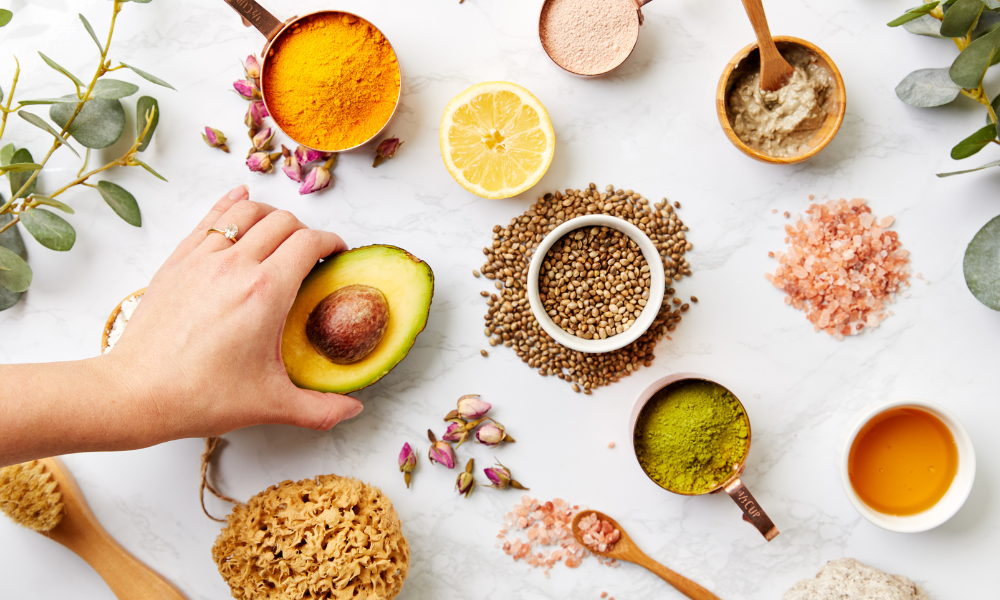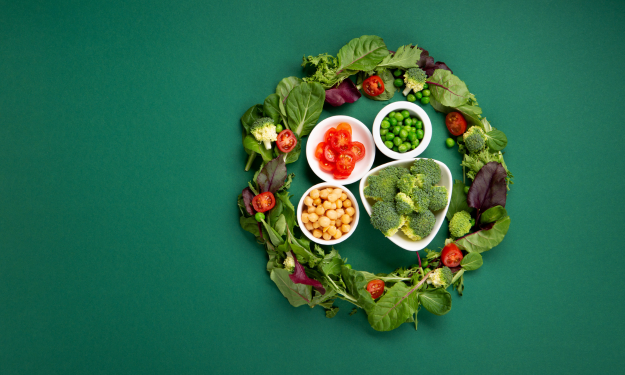In today’s digital age, health information is everywhere. From social media influencers to well-meaning relatives, advice on how to live a healthier life comes from all directions. Unfortunately, not all of it is accurate. Health myths have been passed down for generations and continue to spread, leading people to make poor health decisions based on false information.
Let’s debunk five of the most common health myths that could be harming your well-being. It’s time to separate fact from fiction.
Myth 1: You Need to Drink 8 Glasses of Water a Day
The Truth:
This is one of the most popular health claims out there, but it’s also one of the most misunderstood. The idea that everyone needs exactly 8 glasses (about 2 liters) of water a day doesn’t consider individual differences like body size, activity level, climate, and diet.
Why It’s a Myth:
This recommendation actually originated from a 1945 Food and Nutrition Board statement, which said adults need about 2.5 liters of water daily. But it also mentioned that much of this water is contained in the food we eat — a part most people forget.
What You Should Do:
Instead of sticking rigidly to a number, listen to your body. Thirst is a reliable indicator of hydration for most healthy people. Your urine color is also a great clue — pale yellow usually means you’re well-hydrated.
If you struggle to stay hydrated, a smart water bottle with a time marker can be a great reminder without relying on the “8-glasses rule.”
Myth 2: Eating Fat Makes You Fat
The Truth:
For decades, dietary fat has been demonized as the main culprit behind weight gain and heart disease. However, the science has evolved. Not all fats are created equal, and fat itself is not inherently bad.
Why It’s a Myth:
Your body needs fat to function. Healthy fats — such as those found in avocados, nuts, seeds, olive oil, and fatty fish — are essential for brain function, hormone production, and cell health. The real problem is the excess calories and processed trans fats found in junk food.
What You Should Do:
Accept healthy fats as part of a balanced diet. Limit unhealthy fats, such as those found in fried foods and baked goods, but don’t be afraid to consume fat in moderation.
Consider using a Mediterranean diet cookbook or taking a trusted omega-3 supplement if you’re not getting enough healthy fats through food
Myth 3: You Should Detox Your Body with Juice Cleanses
The Truth:
The concept of “detoxing” with juice cleanses has exploded in popularity, especially in wellness communities. While it may sound appealing to rid your body of “toxins” in a few days, the reality is much different.
Why It’s a Myth:
Your body already has a highly effective detox system — your liver, kidneys, lungs, and skin. These organs work 24/7 to remove waste and harmful substances. No expensive juice cleanse or detox tea is needed.
In fact, many juice cleanses are extremely low in protein and fiber and high in sugar, which can cause blood sugar spikes and even muscle loss if followed for too long.
What You Should Do:
Support your body’s natural detox systems by eating a balanced diet rich in whole foods, drinking water, getting regular exercise, and getting adequate sleep. If you’re concerned about your liver or kidney health, consult a healthcare provider — not a juice company.
Small changes like using a home air purifier or natural sleep aid can enhance your body’s detox functions — no juice cleanse required.
Myth 4: You Should Starve a Fever and Feed a Cold
The Truth:
This old saying has been around for centuries, but it doesn’t hold up under scientific scrutiny. In fact, this advice could do more harm than good.
Why It’s a Myth:
When you’re sick — whether with a cold or a fever — your body needs energy and nutrients to fight off the infection. Starving yourself deprives your body of essential fuel and can weaken your immune response.
Also, fevers can lead to dehydration, so it’s imperative to drink fluids and maintain good nutrition when your temperature is elevated.
What You Should Do:
Whether you have a fever or a cold, eat healthy foods and stay hydrated. If you don’t feel like eating, opt for small portions of nutrient-rich soups, broths, fruits, and vegetables. And always get enough rest.
Myth 5: Cracking Your Knuckles Causes Arthritis
The Truth:
This is one of the most persistent myths passed down from generation to generation. While it may be annoying to others, cracking your knuckles is unlikely to damage your joints or cause arthritis.
Why It’s a Myth:
Studies have shown no connection between knuckle cracking and arthritis. The sound comes from bubbles of gas collapsing in the joint fluid — not bones grinding against each other.
However, excessive or aggressive cracking can irritate soft tissues or reduce grip strength over time, so moderation is still wise.
What You Should Do:
If cracking your knuckles isn’t causing pain or swelling, it’s probably harmless. But if you notice discomfort or reduced hand function, consider seeing a doctor or physical therapist.
The Dangers of Believing Health Myths
Believing in health myths can lead to:
- Poor health choicesbased on misinformation
- Wasted time and moneyon ineffective or harmful treatments
- Delayed medical caredue to reliance on myths instead of evidence-based medicine
- Increased anxietyabout normal bodily functions or harmless behaviors
How to Protect Yourself from Health Misinformation
With so much misinformation out there, how can you stay informed?
- Check the source: Trust information from reputable sources like the World Health Organization (WHO), CDC, or peer-reviewed journals.
- Be sceptical of quick fixes: If something sounds too good to be true, it probably is.
- Talk to professionals: Always consult a doctor or registered dietitian before making major health changes.
- Stay updated: Medical science evolves, so keeping up with new evidence is essential.
Health is personal and complex, and navigating it can be overwhelming — especially with so many myths floating around. By learning to question and research what you hear, you can make smarter, safer decisions for your body and mind.
Don’t let outdated advice or viral trends dictate your health. The truth is often simpler, and more empowering, than the myth.







